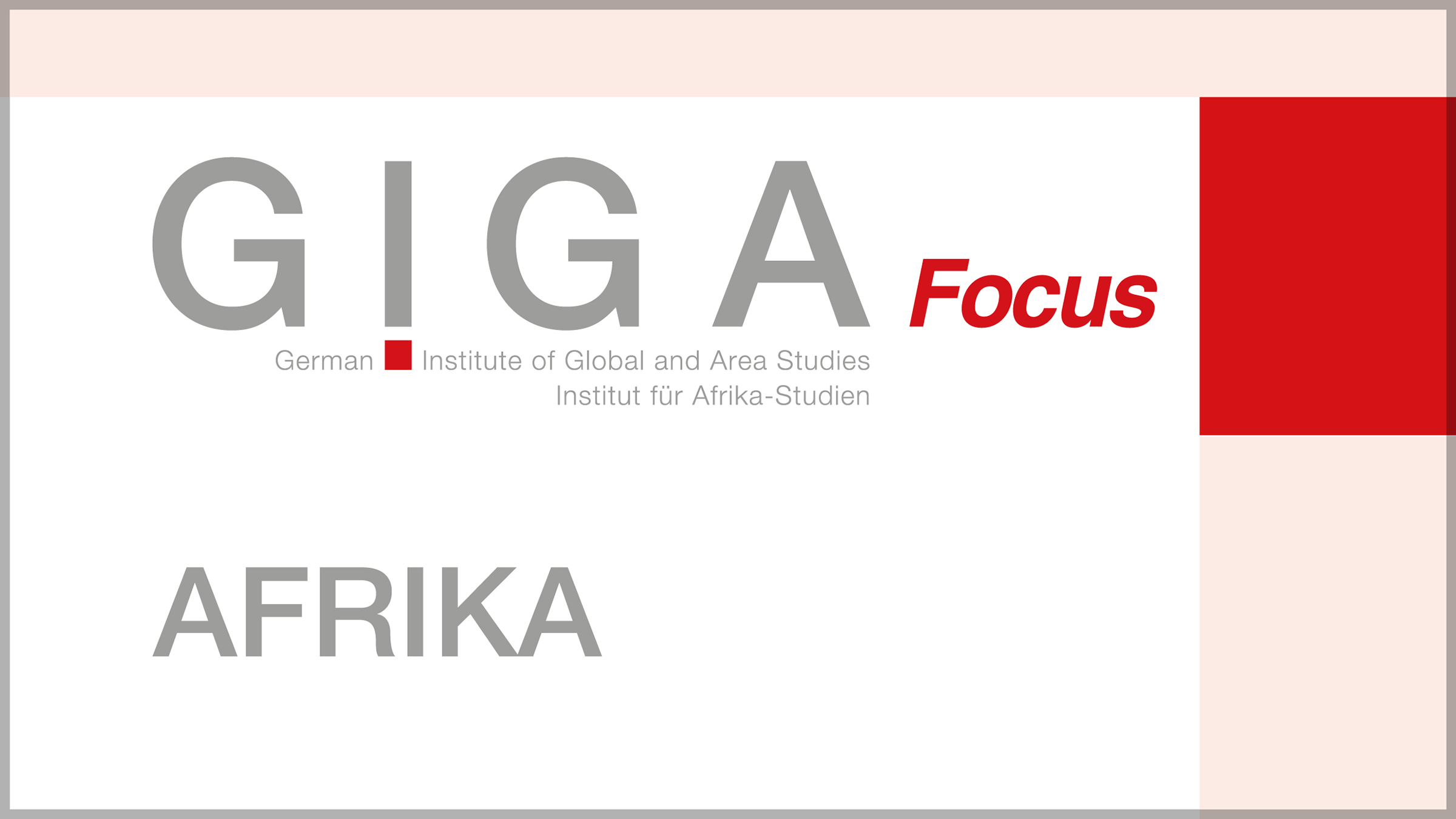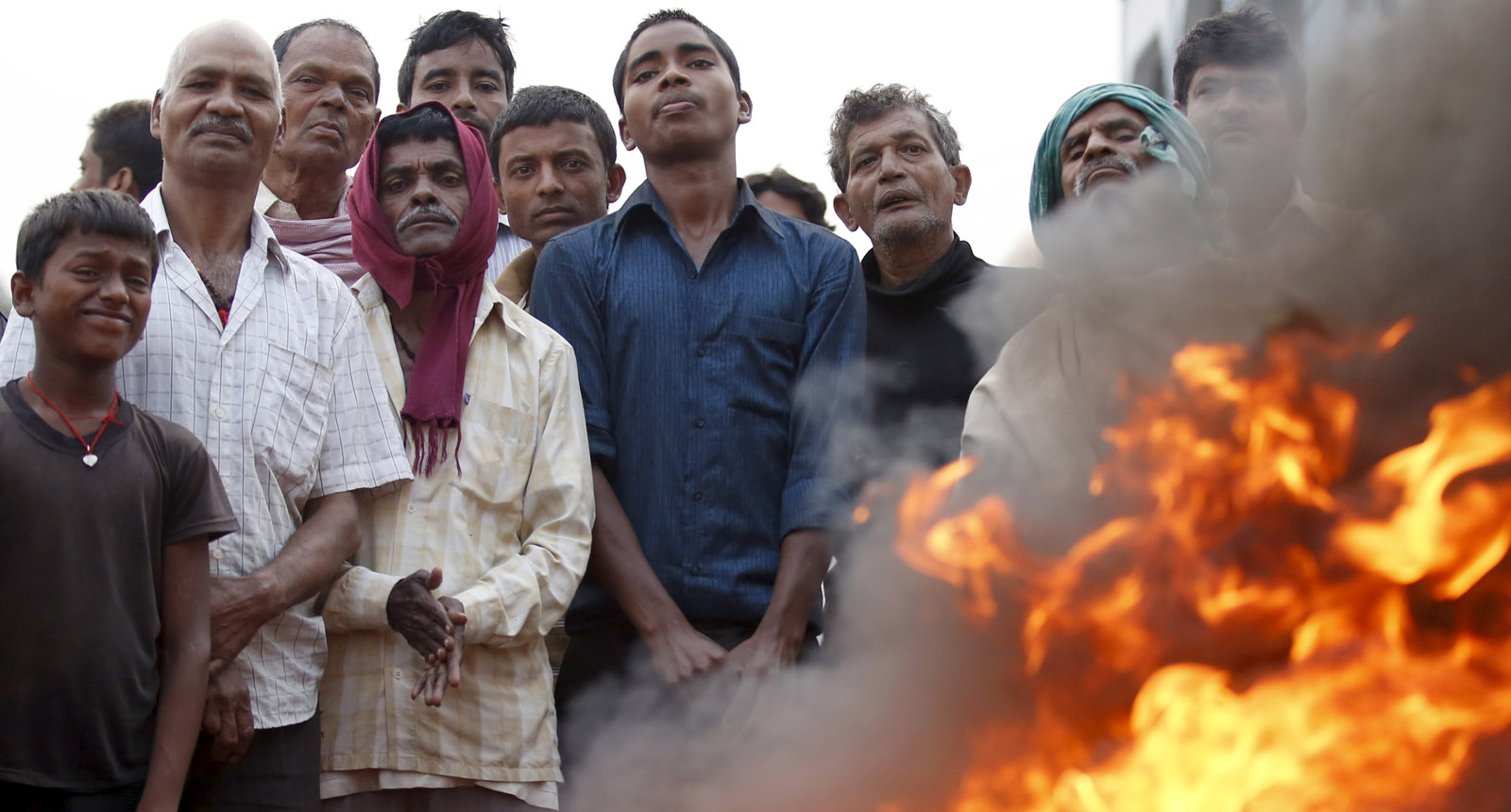- Home
- Publications
- GIGA Focus
- Provincial Autonomy: The Territorial Dimension of Peace in Mozambique
GIGA Focus International Edition English
Provincial Autonomy: The Territorial Dimension of Peace in Mozambique
Number 10 | 2015 | ISSN: 1862-3581
A year after the 2014 national elections Mozambican security forces began increasing the pressure on Renamo, the main opposition party and former guerrilla movement, to disarm. Following several attacks on his entourage since September, Renamo leader Afonso Dhlakama has gone into hiding. On 19 November the Mozambican president and leader of the ruling Frelimo party, Filipe Nyusi, called for “restraint” in disarming Renamo – thereby exposing an unusual degree of friction between the more radical wing and the moderates within Frelimo.
Analysis
The resurgence of violent conflict in Mozambique in 2013/14 raised new doubts about the country’s peace and democratisation process. After a strong showing at the 2014 national elections, Renamo began demanding autonomy for those provinces in which it won majorities. The governing Frelimo party has rejected these demands.
Renamo presidential candidate and former civil war combatant Afonso Dhlakama won 37 against Filipe Nyusi’s 57 per cent of the popular vote – to the surprise of many and amid allegations of fraud. Governing Frelimo have since been in negotiations with Renamo but have rejected calls for Renamo’s participation in government.
Since Filipe Nyusi took presidential office in January 2015, Renamo has repeatedly called for subnational autonomy in six provinces with significant opposition support.
Although Mozambican provinces are administered by centrally nominated governors, direct elections in 53 mostly urban municipalities allow for some degree of subnational autonomy. A donor-funded decentralisation process since the late 1990s has also contributed to both the deconcentration of power and some devolution.
Comparative research on territorial autonomy arrangements suggests that such pacts can be a tool for sustainable peace, but that territorial deals should be embedded in broader institutional reforms in order to be a viable solution to conflict.
Footnotes
Regional Institutes
Research Programmes
How to cite this article
Bueno, Natália, Johannes Plagemann, and Julia Strasheim (2015), Provincial Autonomy: The Territorial Dimension of Peace in Mozambique, GIGA Focus International Edition English, 10, Hamburg: German Institute for Global and Area Studies (GIGA), http://nbn-resolving.de/urn:nbn:de:0168-ssoar-459298
Imprint
The GIGA Focus is an Open Access publication and can be read on the Internet and downloaded free of charge at www.giga-hamburg.de/en/publications/giga-focus. According to the conditions of the Creative-Commons license Attribution-No Derivative Works 3.0, this publication may be freely duplicated, circulated, and made accessible to the public. The particular conditions include the correct indication of the initial publication as GIGA Focus and no changes in or abbreviation of texts.
The German Institute for Global and Area Studies (GIGA) – Leibniz-Institut für Globale und Regionale Studien in Hamburg publishes the Focus series on Africa, Asia, Latin America, the Middle East and global issues. The GIGA Focus is edited and published by the GIGA. The views and opinions expressed are solely those of the authors and do not necessarily reflect those of the institute. Authors alone are responsible for the content of their articles. GIGA and the authors cannot be held liable for any errors and omissions, or for any consequences arising from the use of the information provided.





